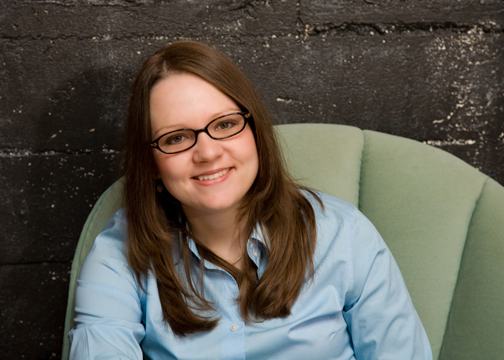I was out to dinner with some recent college grads last night, and the conversation got to books, as it usually does whenever I’m around. One of them asked me if I had any recommendations for books that they needed to read to fill in the gaps in their education, since they felt like they missed out on not taking enough literature courses in college. The other echoed the sentiment. In fact, it’s a question I’ve heard before from other people who feel like although they had a decent college education, they somehow missed something important in the world of literature.
I’m not sure if it’s because there are declining literature requirements at universities or if professors just don’t tend to assign full length novels as much as short essays. I know that I’m struggling to find a decent introduction to fiction reader that includes longer works of fiction. It might say something about the attention span of today’s students.
Either way, there’s a perceived lack in today’s college grads. They feel like they aren’t reading all the books that they should be reading in college. So, I’ve tried to compile a little reading list that I hope will help them remedy that situation.
The task is easier than it sounds. Pick 10 books that you should read in college. First, every college disagrees on this, of course. Some colleges are biased towards modern literature and have you read things only written after the 1950s. Others have you read things only written before the 1900s. Some focus on only American literature. Some include ancient Greek and Roman writing in this canon, making the list spread beyond simple fiction and novels to political and philosophical treatises. Where to start?
So I chose books that cover several time periods and also tend to get mentioned a lot in our culture. These books are frequently referenced among people with college degrees. The main characters and ideas are commonly assumed to be understood in conversations. In a couple of years, I could imagine that I might change this list, but for now, I think these are a good bet.
1. The Bible (100 AD ish)
Even if you don’t belong to any of the faith groups that read this book, you need to read it as a work of literature. You’ll need to understand the parable of the “Prodigal Son” and who Jonah is, and why he got stuck in a whale.
2. Plato, The Republic (380 BC)
This ancient Greek book fulfills your philosophic reading requirement. In it, you’ll learn about the “Socratic Method” as well as Plato’s conception of Justice. To only read the basics, read the “Allegory of the Cave” in Book VII.
3. William Shakespeare, Hamlet (1600)
One of Shakespeare’s most difficult plays, this tragedy touches on the issues of loss, grief, and the relationships between fathers and sons. Oh, and this is where you get the whole “To be or not to be” bit. Don’t just rent the movie. Rent the movie AND read the play.
4. Jane Austen, Pride and Prejudice (1813)
Shocker, Jane is on here. But she represents the Regency period in England. Lots of people mistakenly think she’s a Victorian writer, but Victoria ruled after her lifetime.
5. Charles Dickens, Great Expectations (1861)
Here’s your Victorian novel. How many times have you heard the name Miss Haversham or Pip and never known what in the world people were talking about? Here’s the book that will tell you all about it.
6. Mark Twain, The Adventures of Huckleberry Finn (1884)
An American classic. Twain himself is worth reading in many forms, but this is his finest achievement and a worthwhile look into the American south under slavery.
7. Kate Chopin, The Awakening (1899)
One of the first feminist novels, short, beautiful, and compelling.
8. George Orwell, Animal Farm (1945)
A powerful critique of communism via an allegory of a farm.
9. Ralph Ellison, Invisible Man (1952)
A very difficult, metaphor laden text, well worth the effort. Reads like jazz music at times. About a black man’s effort to live in a white man’s world.
10. Tony Morrison, Beloved (1987)
You must read something by Morrison, and this is her best. A ghost story, echoing back to slave times. Haunting and poetic.


I’ve read 3, 6, 8, all in high school.
And 1 and 4 on my own later in life.
I cannot stand Dickens, I’ve tried, but….maybe I haven’t tried hard enough.
These are interesting lists you are coming up with.
AL: I’m glad to know that there’s someone else out there that doesn’t worship before the throne of Dickens. That guy is way too long winded for my tastes. He blathers on and on about details that I could care less about. I will say that he creates very interesting characters and plots, but his writing style leaves something to be desired. I’m sorry to admit that I tend to prefer Dickens in film version!
I like Dickens, but Great Expectations is my least favorite of his books. I prefer David Copperfield or Tale of Two Cities.